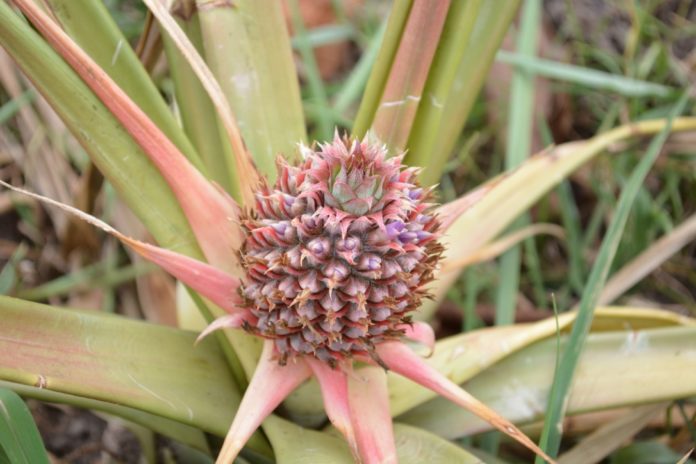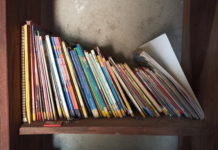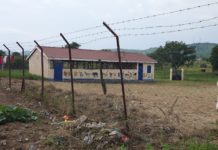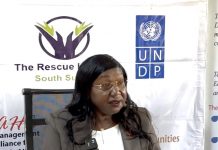
Article by Mega FM
The United Nations World Food Programme in partnership with other humanitarian agencies like Medical Teams International and others that are involved in implementing refugee programmes, have introduced kitchen gardening to South Sudanese refugees in Northern Uganda. The idea is to help refugees improve their diet as well as encourage self-reliance.
Already first group of refugee women has finished training in kitchen garden. 35-year-old and mother of three Awur Yai was part of it. This particular group is tasked with taking the idea forward. Yai and other few refugee women in Nyumanzi settlement, in Adjumani district, are dubbed ‘experts’ for teaching their colleagues in their neighborhood.
“Expert mothers help to train other families in their community to curb malnutrition and refer affected (with malnutrition) children to health works”, Rachael Kitimbo Kayemba, a Nutritionist with Medical Teams International (MTI) explained.
Nutritionists argue that kitchen gardening will ensure refugee families get nutrient-rich food – something good for their diet – more so the diet of their children.
2.2 million children in the region under 5 years, which is 29 percent, surfer from health related problems attributed by insufficient food, according to a recent study by the Demographic and Health Survey (DHS). Such children, usually under the age of 5, are stunted.
On her 30 by 30 meters piece of land, Akech Manyang is thankful to have the knowledge that enables her to grow herbs, vegetables and fruits her family needs.
“Kitchen gardening has improved our nutrition. We have extra food plus some little household income (after selling surplus),” Manyang applauded the programme.
Dwindling support has forced refugee-implementing agencies reconsider their services. For example, food rations for every family have been cut to more than half, since last year. Such meager support either in form of grain and beans or cash can hardly last a family for two weeks – meaning majority of families have to find other ways to get food, till the next round. Hence, activities that encourage self-reliance may be received with open arms amongst refugee community, in Uganda.




